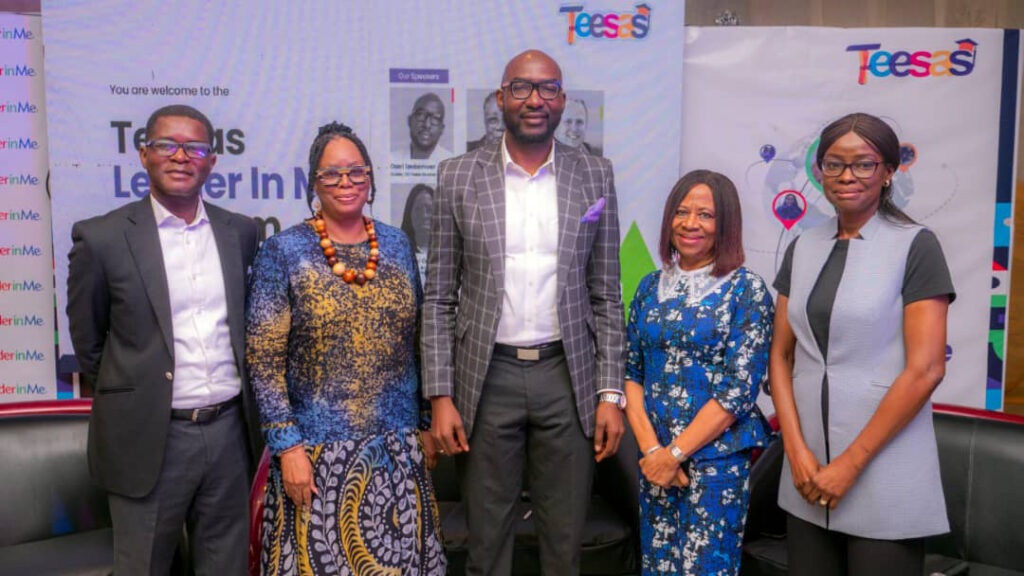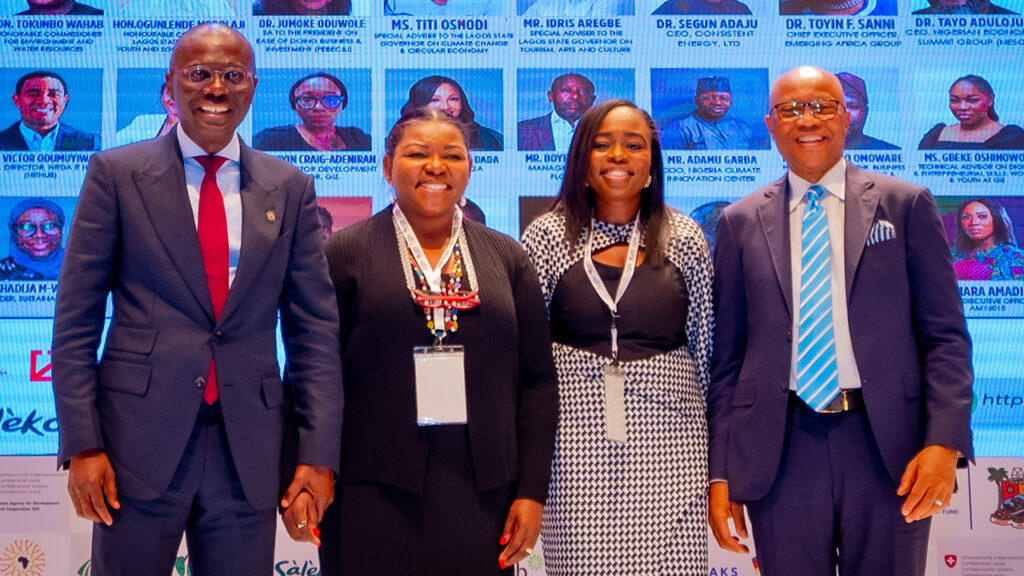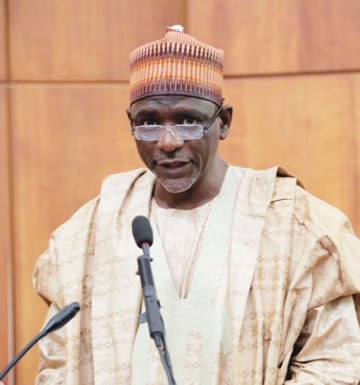
The Nigerian Library Association (NLA) has decried the non-completion of its headquarters in Abuja, 18 years after the project was conceived.
This is even as stakeholders expressed worry that the N50 billion earmarked for the completion of the project in the 2019 budget may have gone down the drain.
Speaking with reporters in Abuja, NLA president, Dominic Omokaro, urged the government to complete the national monument to enable the country to reap its boundless benefits.
He also announced the 62nd national conference and general meeting of the association, holding in Port Harcourt between July 7 and 12, and themed: ‘Promoting diversity and inclusiveness through innovative library and information service delivery in Nigeria.’
Omokaro said the event would also address pressing issues confronting the sector over the years.
“We also want the government of President Bola Ahmed Tinubu to help restore hope to this critical sector that helps in shaping the needed manpower for national development.”
Subsequently, the group called for the appointment of a special adviser to the president on library and information matters, who should also double as the librarian of the presidential library as it was during the administration of former President Olusegun Obasanjo.
Omokaro underscored the need for employers in the library sector to prioritise recruitment and promotion of qualified librarians, to ensure the delivery of quality library services to the public.
He also tasked the Librarians’ Registration Council of Nigeria (LRCN) to immediately commence enforcement of its enabling Act by sanctioning and taking legal actions against abusers of the extant law.
Omokaro, who lamented the deplorable state of library boards and parliamentary libraries, also faulted institutions that have appointed non-librarians to head their libraries.
He listed those involved as Covenant University, Ota, Ogun State; Kwara and Abia State governments, as well as all Federal Unity Colleges across the country and the Federal Capital Territory (FCT), Abuja.
He said: “This troubling trend not only undermines the expertise and professionalism of trained librarians, it also hampers the effective management and development of library services in the country.”
Despite the enactment of the LRCN Act No. 12 of 1995, which provides minimum standards for the training and practice of librarians in Nigeria, Omokaro lamented that employers of labour, particularly government agencies and private organisations, still abuse the law.
“The Nigerian Library Association can no longer take this gross abuse of the laws of the land as it concerns our sector,” Omokaro stated.
He insisted that it was illegal for the federal, state and private establishments to appoint non-professionals as librarians.













